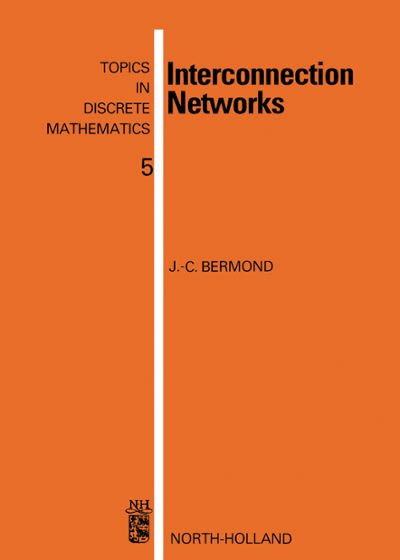Question
____ 9. In the late 1990's, Scotland was considering independence from England. An opinion poll showed that 51% of Scots favored independence. Another poll conducted
____ 9. In the late 1990's, Scotland was considering independence from England. An opinion poll showed that 51% of Scots favored "independence." Another poll conducted at the same time showed that only 34% favored being "separate" from England. The reason these results differ by so much is that
a. samples will usually differ just by chance due to random sampling.
b. the wording of questions has a big effect on poll results.
c. more follow-up efforts reduced the nonresponse rate of the second poll.
d. the sample sizes are different, so the margins of error are different.
e. the second poll suffered from undercoverage.
____ 10. Frequently, telephone poll-takers call near dinner time (between 6 pm and 7 pm) because most people are at home them. This is an effort to avoid
a. voluntary response bias.
b. calling people after they have gone to bed.
c. a convenience sample.
d. nonresponse.
e. response bias.
____ 11. Does caffeine improve exam performance? Suppose all students in the 8:30 section of a course are given a "treatment" (two cups of coffee) and all students in the 9:30 section are not permitted to have any caffeine before a mid-term exam. Unfortunately, any systematic difference between the two sections on the exam might be due to the fact that the 8:30 and 9:30 classes have different instructors. This is an example of a. the placebo effect.
b. bias.
c. confounding.
d. an observational study.
e. stratification.
____ 12. The essential difference between an experiment and an observational study is that a. observational studies may have confounded variables, but experiments never do.
b. in an experiment, people must give their informed consent before being allowed to
participate.
c. observational studies are always biased.
d. observational studies cannot have response variables.
e. an experiment imposes treatments on the subjects, but an observational study does not.
____ 13. To assess the effects of exercise on reducing cholesterol, a researcher selected a random sample of fifty people from a local gym who exercised regularly over the past year and another random sample of fifty people from the surrounding community who did not exercise regularly during the past year. They all reported to a clinic to have their cholesterol measured. The subjects were unaware of the purpose of the
study, and the technician measuring the cholesterol was not aware of whether subjects exercised regularly. This is a(n)
a. observational (retrospective) study.
b. experiment, but not a double-blind experiment.
c. double-blind experiment.
d. matched pairs experiment.
e. block design.
____ 14. Researchers wish to determine if a new experimental medication will reduce the symptoms of allergy sufferers without the side effect of drowsiness. To investigate this question, the researchers randomly assigned 100 adult volunteers who suffer from allergies to two groups. They gave the new medication to the subjects in one group and an existing medication to the subjects in the other group. Forty-four percent of those in the treatment group and 28% of those in the control group reported a significant reduction in their allergy symptoms without any drowsiness. The experimental units are the
a. researchers.
b. 100 adult volunteers.
c. all the volunteers who reported a significant reduction in their allergy symptoms without any drowsiness.
d. all the volunteers who did not report a significant reduction in their allergy symptoms
without any drowsiness.
e. pills containing the new experimental medication.
____ 15. One hundred volunteers who suffer from severe depression are available for a study. Fifty are selected at random and are given a new drug that is thought to be particularly effective in treating severe depression. The other fifty are given an existing drug for treating severe depression. A psychiatrist evaluates the symptoms of all volunteers after four weeks in order to determine if there has been substantial improvement in the severity of the depression. The study would be double-blind if
a. neither drug had any identifying marks on it.
b. all volunteers were not allowed to see the psychiatrist nor the psychiatrist allowed to see the volunteers during the session in which the psychiatrist evaluated the severity of the
depression.
c. neither the volunteers nor the psychiatrist knew which treatment any person had received. d. the patients were given a placebo.
e. all of the above.
Step by Step Solution
There are 3 Steps involved in it
Step: 1

Get Instant Access to Expert-Tailored Solutions
See step-by-step solutions with expert insights and AI powered tools for academic success
Step: 2

Step: 3

Ace Your Homework with AI
Get the answers you need in no time with our AI-driven, step-by-step assistance
Get Started


